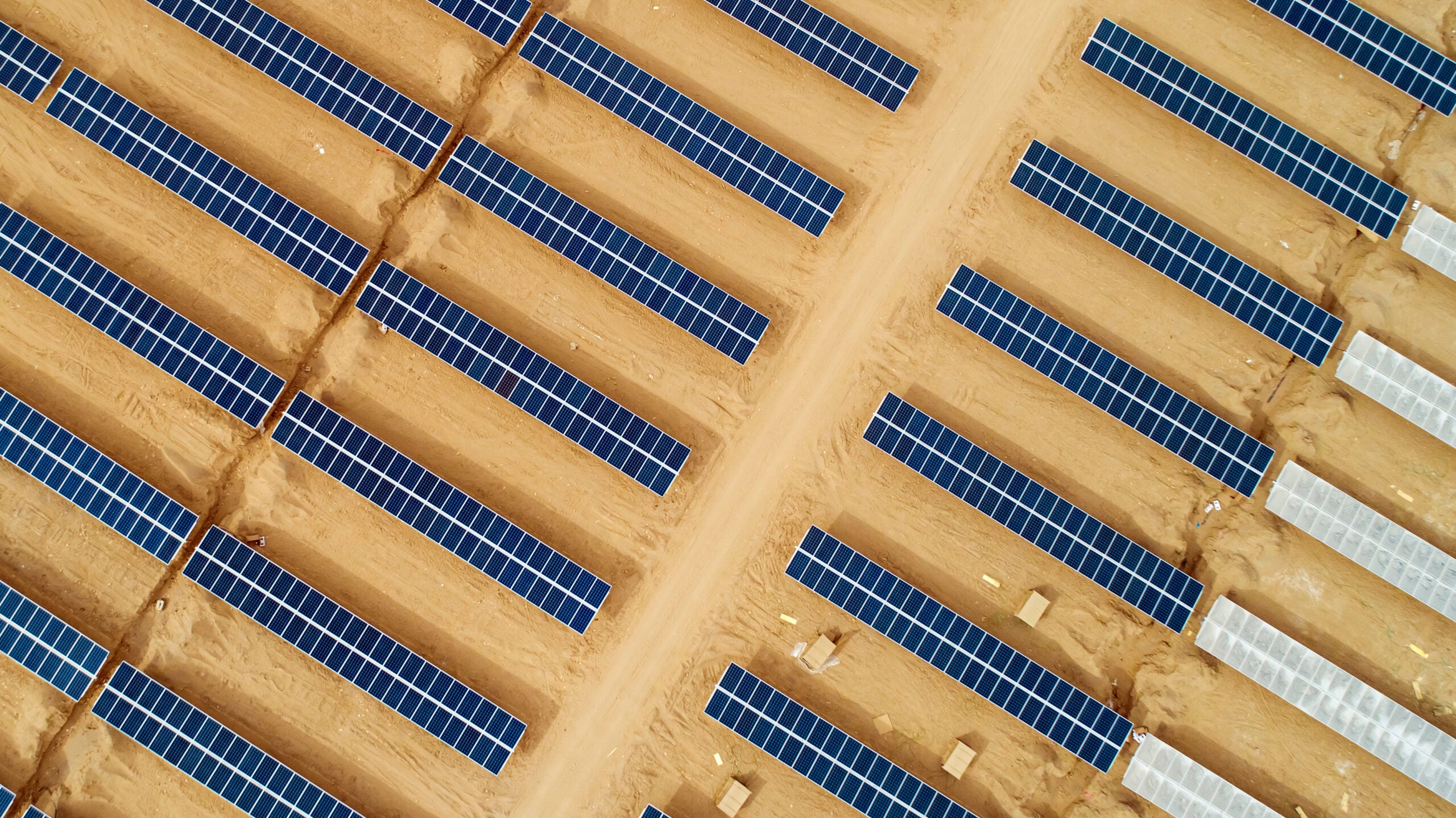
Researchers from Carnegie Mellon University’s Department of Engineering and Public Policy have released a report detailing nuclear power’s dwindling significance in the US, stating that it is unlikely to make any noteworthy contributions to the country’s decarbonised energy system over the next few decades.
The report, published in Proceedings of the National Academy of Science, examined the potential contribution of large, light water nuclear reactors (LWRs) to the US energy system over the next three or four decades.
How well do you really know your competitors?
Access the most comprehensive Company Profiles on the market, powered by GlobalData. Save hours of research. Gain competitive edge.

Thank you!
Your download email will arrive shortly
Not ready to buy yet? Download a free sample
We are confident about the unique quality of our Company Profiles. However, we want you to make the most beneficial decision for your business, so we offer a free sample that you can download by submitting the below form
By GlobalDataFindings showed LWRs were responsible for around 20% of the country’s power generation over the past thirty years, though high maintenance costs means people are increasingly turning to the cheaper and more attractive alternative of natural gas.
The researchers also examined whether advanced reactor designs and factory-manufactured smaller light water reactors (known as small modular reactors or SMRs) would play a significant role in US energy markets, being the only other option for the large-scale deployment of nuclear power. The study took several scenarios into account, such as using SMRs as wind or solar back-ups, to desalinate water, produce heat for industrial processes, or serve military bases.
Such scenarios were, however, deemed unlikely by researchers without “dramatic change in the policy environment” or current domestic market.
In their conclusion, the researchers voiced concern over the implications of their findings for the country’s climate targets, saying it should be “a source of profound concern for all who care about climate change that, for entirely predictable and resolvable reasons, the United States appears set to virtually lose nuclear power, and thus a wedge of reliable and low-carbon energy, over the next few decades.”
Currently, the US has 99 nuclear power reactors across 30 states, operated by 30 separate energy companies. Growth in the industry has stalled however, with only two new reactors under construction as of September last year. In addition, 34 reactors have been permanently closed due to their reaching the end of their lifespans.
The Trump administration is attempting to save the coal and nuclear sector, with President Trump issuing an order in early June to use federal funds to keep unstable nuclear plants open. A statement from the White House said the decline was negatively “impacting the resilience of our power grid”.
The move was criticised by a range of industry members, including energy groups and environmentalists. One such criticism came from transmission organisation PJM-Interconnection, which operates the grid in all or part of 13 states, with the firm saying it did not perceive the plant closures as having a direct impact on its grid, and warned that the measure could in fact cause power prices to rise.
Debate continues over the ecological benefits of nuclear power, with some arguing efforts should be focussed on the cleaner options of wind or solar, while others claim nuclear is beneficial in its ability to generate power without producing harmful emissions.




